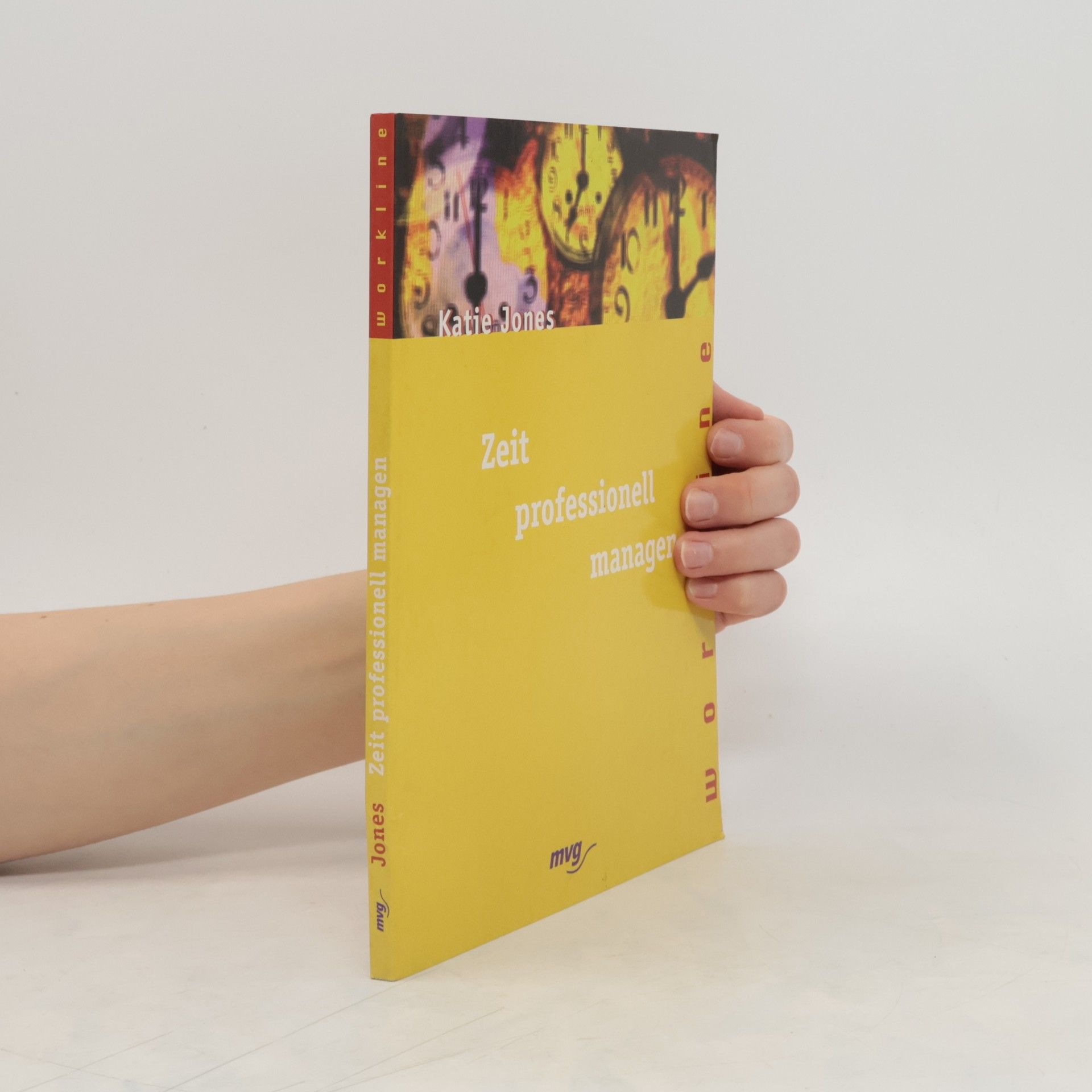And Then She Woke Up: How To RESTORY Your Life
- 212 stránek
- 8 hodin čtení
Katie Jones has woken from a deep, amnesic sleep. At 41 years of age, she came to the sudden, shocking realisation that she had been abused as a child. Katie now faced her greatest challenge of all; to go back to sleep to ease the pain, or to step into the woods and embrace the ominous shadows. It was here that Katie called out to the part of her she needed most: her inner child. Together they navigated their way through the bewilderment to emerge the other side as the heroes in their journey. And Then She Woke Up: How to RESTORY Your Life, will stir and awaken your inner child and inspire you to follow Katie's courageous footsteps into the woods. With the wounds and scars depicting her journey, Katie emerges from the forest with the greatest gift of all: the power and autonomy to RESTORY her life. Katie's honest and raw writing will empower you to do the same so that you too can create your own Happily Ever After.

